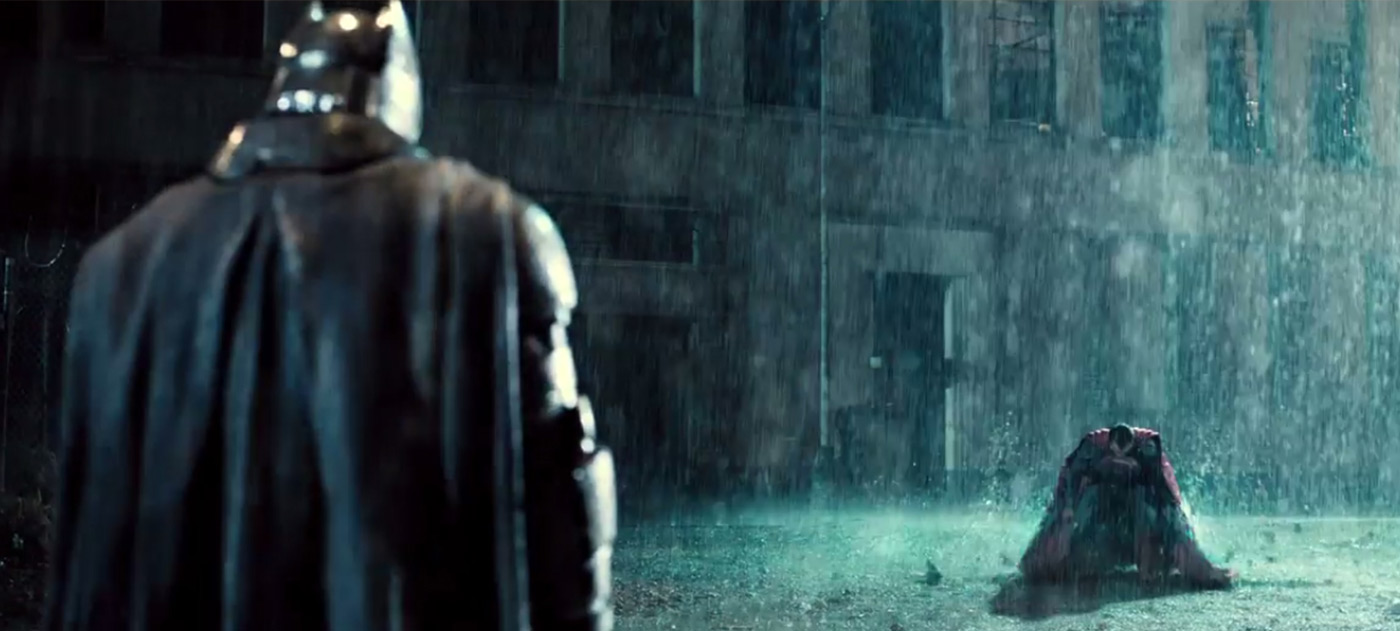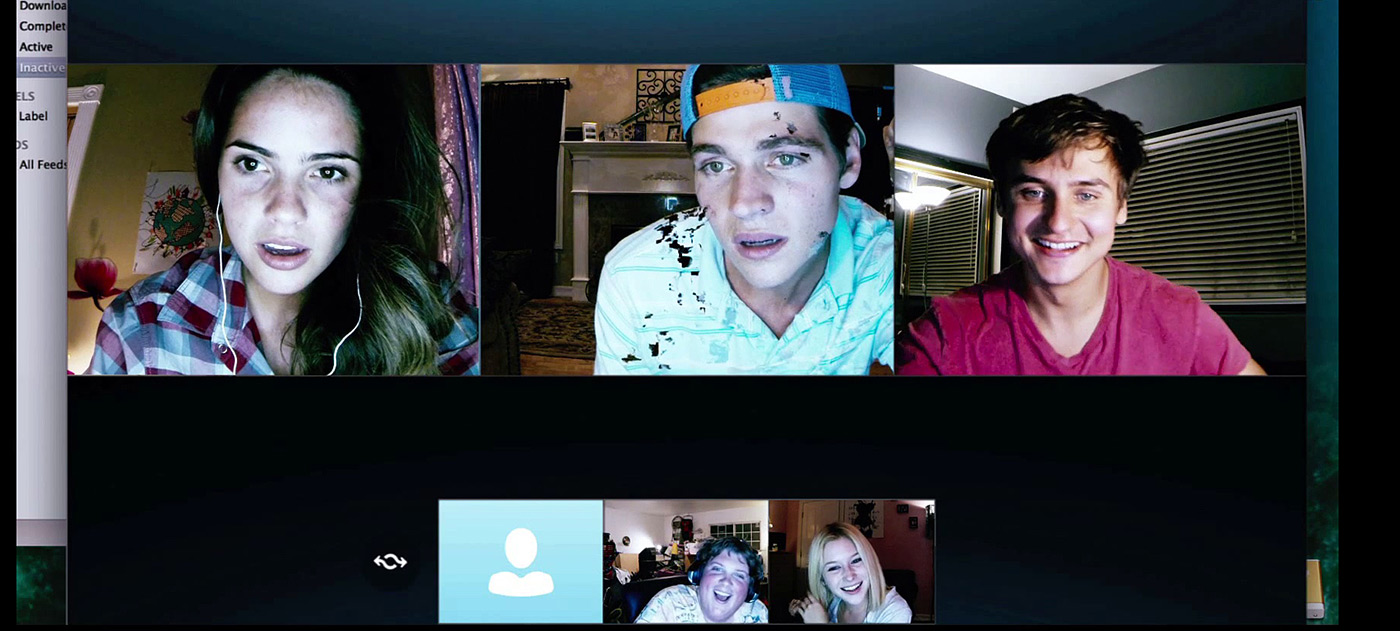So many romantic comedies feature female protagonists who are professionally successful, intelligent, and educated, but whose entire self-worth is nevertheless determined by whether or not they have a boyfriend. We’ve been trained by years of movies starring Meg Ryan and Sandra Bullock and Kate Hudson to think that a woman’s happy ending comes at last once she’s found a man who loves her. So, when — in the new film How to Be Single — the main character Alice, played by Dakota Johnson, comes to realize that her life can be just as happy and complete as a single woman, it’s hard not to see that as progress.
Alice, a recent college graduate who has opted to take a break from her long-term boyfriend Josh (Nicholas Braun, Red State), has just moved to Manhattan — where her sister Meg (Leslie Mann) works as a successful obstetrician — in order to figure out what she wants from life. But when Alice finally decides that Josh is what she wants, he’s moved on, and she’s flung into the dating world, where she discovers that none of the men she meets are The One. With her fun-loving new colleague and best friend Robin (Rebel Wilson) acting as the id to her superego, Alice spends the running time of the film learning, well, what the title says.
But the film is not quite the feminist statement it imagines itself to be. Meg’s storyline, for instance, is a prime example of what TV critic Dan Fienberg calls the Vocational Irony Narrative. She’s a doctor who specializes in pregnancy and childbirth, you see, but she longs to have a baby of her own. Being single and in her 40s, she becomes pregnant by artificial insemination, and that’s that. Until she meets Ken (Jake Lacy), an attractive younger man who’s totally into her and her unborn baby, and she must spend the rest of the film learning that she, in fact, deserves the love of this man.
And then there’s Lucy (Alison Brie, NBC’s Community), a woman so focused on her professional life that she’s basically given up on her personal one. And not only that, she doesn’t put enough effort into her appearance, and she’s far too sarcastic to boot, to be desirable to men. But after she becomes involved in a love-hate flirtation with Tom (Anders Holm, Comedy Central’s Workaholics), the cocky owner of the bar in her apartment building whose Wi-Fi she steals, Lucy discovers that there actually is a void to be filled in her life and starts to pursue real love.
How to Be Single’s greatest strength is without question its excellent cast. Johnson, in particular, is so good in her lead role, continuing to build on the promise of her terrific performances in last year’s Fifty Shades of Grey and Black Mass. As in those films, Johnson brings far more depth and emotion to her portrayal of Alice than necessarily exist in the script. Her film stardom may be only a year old, but she’s already proven that she can give sharp, layered performances even with the most rudimentary of material. I don’t know about you, but I’m pretty damn excited to find out what she’d be capable of if given the chance to star in a prestige auteur film.
Perhaps the biggest surprise with this film is how well-developed its supporting characters are. If you’re at all familiar with my writing, you know that this is one of the major standards by which I tend to evaluate a film’s quality — and I was so delighted to see such a deep and interesting array of characters populating the women’s storylines. Damon Wayans Jr. might just be best in show among the supporting men with his surprisingly affecting performance as David, whom Alice finds love with for a time. Wayans has already proven that he’s loose and funny, in sitcoms like Happy Endings and New Girl — but here he finds such sadness and humanity in his performance of a widower dad who is kind and loving but not quite ready to stop grieving his late wife.
Lacy, meanwhile, is a master at playing the sweetest, dreamiest man imaginable while still being real and relatable, which he’s done in Obvious Child and on HBO’s Girls. His chemistry with Mann is pretty adorable. And Holm takes his womanizing bartender role and gradually finds the layers beneath the smug façade.
To be honest, if the cast has any dead weight, it would be Rebel Wilson. I like her a lot in general and think she’s really funny, and I was a big fan of her work in both Bridesmaids and the Pitch Perfect movies. But here she’s playing that ridiculous no-filter party girl again, and her one-note shtick is getting repetitive and grating. Wilson is obviously very talented, but she has yet to show any range.
How to Be Single has that warm, brightly lit aesthetic typical of rom-coms, with a production design that suffers from the Friends syndrome — each character lives in a giant, well-furnished Manhattan apartment that she couldn’t possible afford. German filmmaker Christian Ditter (who made his English-language debut with last year’s Love, Rosie) has directed a sturdy and visually appealing film here — but it’s all kind of stylistically anonymous.
At the end of the day, this film never fully escapes the vaguely sexist rom-com conventions it positions itself as rising above. Still, the screenplay by Abby Kohn and Marc Silverstein (Never Been Kissed, The Vow) and Dana Fox (What Happens in Vegas), while not exactly one for the ages, is something pretty special. How to Be Single is a film full of real, well-written and performed characters that I ended up caring about quite a lot. And I can’t say that about a lot of movies. Especially in the winter.










Fantastic Four
Fantastic Four